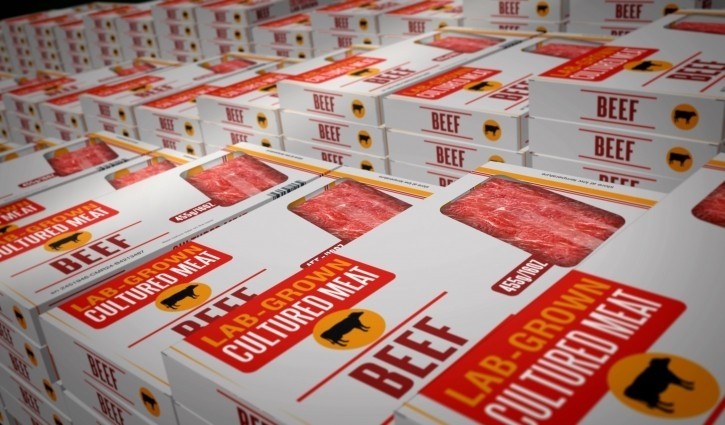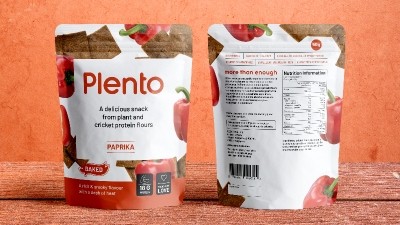Make it affordable: Pricing the key factor to tempt South Koreans to cultivated products

Nevertheless, 90.4% of them are open to trying cultivated meat at least once.
This is according to a new one-of-its kind report commissioned by APAC-Society of Cellular Agriculture (APAC-SCA) and conducted by the Korea Advanced Institute of Science and Technology with support from a South Korea biotechnology startup SeaWith Inc.
The report surveyed 1,110 South Korean consumers in early 2023 aiming to better understand behavioural trends and perceptions surrounding cultivated meat and seafood. The objective is to provide valuable insights for the commercialisation of these products.
Peter Yu, Program Director of APAC Society for Cellular Agriculture acknowledged the pivotal role of pricing in consumer choices, and he emphasised that this dynamic is not unique to South Korea, attributing pricing trends to production driven factors.
Yu expressed optimism about achieving price parity with conventional meat if the cultivated meat industry work towards scaling up its production.
“In fact, we have observed a significant reduction in the price of cultivated meat over the past decade. This will continue as companies are making pilot plans to increase their cultivated meat productions.” Yu tells FoodNavigator Asia.
At the same time, Yu also underscores the importance of fostering a collaborative ecosystem.
“We need robust collaborations involving public funding bodies, research institutions, and various entities to enhance production and supply chain efficiency and create a pathway for commercialisation. This can’t be done alone, and all these are just the beginning. I think everything operates in a succession of stages, cultivated meat is no different.”
Opportunities for increased public awareness as regulatory framework develops
In Yu’s view, the immediate mass adoption of cultivated meat seems unlikely. Instead, he envisions its initial introduction as premium products or novelty items available at high-end dining establishments.
Over time, as the cultivated meat industry gains traction, prices are expected to decrease, eventually on par with other commercial meat products.
“This is generally a trend we observed in the United States and Singapore, I would expect South Korea to follow a similar path.”
“So, it’s important for companies to start educating consumers, the role of cultivated meat and why do they need to exist, from the sustainability, food security, and animal welfare standpoints.”
Despite the positive response, Yu notes a lack of public information about cultivated meat in South Korea, stressing the need for increased public awareness.
At the same time, he mentions ongoing efforts by South Korea’s Ministry of Food and Drug Safety (MFDS) to establish regulations for cultivated meat and seafood, with public consultations underway.
Likewise, APAC-SCA is also working closely with Good Food Institute-APAC (GFI-APAC) to create a regulatory coordination platform, aiming for a safe, transparent, and interoperable framework for information exchanges in the region.
All these closely follow the founding of a cellular agriculture cluster to develop a regulation-free zone in Uiseong last February. Yu anticipates further progress and collaborations across the sector as regulatory guidelines are put in place.
He expresses confidence that the South Korean government will put forth regulatory guidelines that aligned with international practices and standards by this year.
“South Korea is a country with very strong academic research and understanding, coupled with an innovative spirit and attention for development, I think there is a tremendous amount of potential for Korea to take on cultivated meat on a larger scale. So, in my opinion, 2024, will be pivotal year for South Korea’s cultivated meat sector.”

















